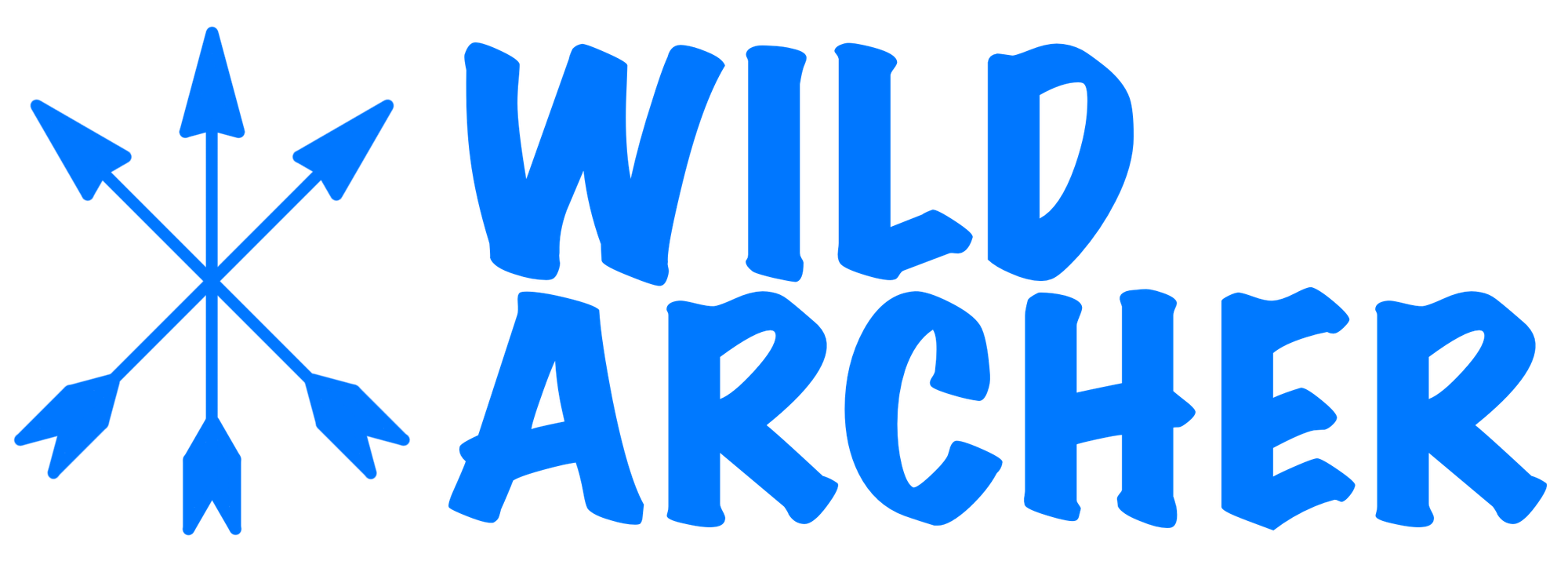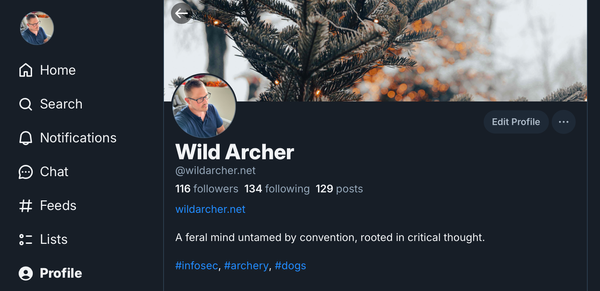Runes
Runes can be used to write words or help with critical thinking.

Runes are letters of a Norse alphabet that can be used in many different ways. They are characters you can use to write words. They are a tool you can use by yourself to create new perceptions of your situation.
English Alphabet vs Non-English Alphabets
If you are looking for a way to write your words with them, you will run into challenges like every spoken language has. There are over 150 phonemes and we have 24 Norse characters using Runes and 26 Latin characters using the English alphabet. For example, my name is Jake. If I spell that with the International Phonetic Alphabet, it look like this: /dʒeɪk/.
- /dʒ/: The “J” sound, like in “jump.”
- /eɪ/: The long “A” sound, like in “say.”
- /k/: The “K” sound, like in “kite.”
You can see that to represent my name in the International Phonetic Alphabet we need to use Latin and Greek characters. When you spell my name in English using the English alphabet, the long "A" sound is signified by the silent "E" at the end of my name. If you remove the silent "E" you get something that sounds like "Jack."
/dʒæk/
- /dʒ/: The “J” sound, like in “jump.”
- /æ/: The short “A” sound, as in “cat.”
- /k/: The “K” sound, as in “kite.”
All this to say, if you are using Runes to represent English language phonemes, you will lose some context unless you implicitly use rules to meet that distinction.
When I travel internationally, no one understands the rules to make a long "A" in English so I go by the nick name of "Jak" which multiple continents seem to understand well.
All that to say, please don't gate keep the use of Runes to represent speech. By design it's going to be as messy as using a sledgehammer to put in a finishing nail.
Drawing Runes
I want to make a clear distinction here before we move on. I am framing the practice of Drawing Runes as a critical thinking exercise and not an attempt at special knowledge or divination. Runes have meaning placed on them by different cultures that are significant to your relationship with yourself, with others and with your environment. What I am focusing on is the Neo-Paganism view of the individual characters.
The practice is blindly drawing runes from a bag and using their intrinsic meaning to frame a situation differently. An example would be trying to navigate a situation with a difficult person. You have full control over how you behave and act. You can decide how you proactively or reactively handle a situation. If you know their meaning. You can draw as many as you like with a question in your mind and see if it feels right or could be an alternative option.
For a specific example say I am working with a co-worker who I think isn't doing their fair share of the work. I grab my bag and I draw ᛁ (Isa). That would mean maybe the person is having more difficulty doing the job than they are expressing, or there may be an obstacle like something weighing heavily on their mind, like I'm too critical of their work. I could draw ᛉ (Algiz) upside down which means they feel vulnerable or exposed and that's impacting their focus. Often that's the feeling you get when your boss hates you. I may have started the session angry at them for not pulling their weight and now I've ended the session with a more constructive viewpoint. You can place a couple together and that will help you further understand alternative perceptions of the situation at hand.
Rune Quick Reference
Below is a quick reference guide to start with. You are the "magick" in your life. You will probably have different viewpoints on what all of these mean and that's totally ok. In a Neo-Christian society we're told options are very binary in nature when they're not. We're told there's only a binary or spectrum of good and evil when there is so much more diversity in the world than that.
My intention of providing this quick reference is to give you a framework to build your own understandings.
First Aett (ᚠ - ᚹ)
- ᚠ (Fehu): f (as in “fox”) - Fire - Wealth (abundance, prosperity, and energy flow)
- What are the assets in place?
- What is the real or perceived value of this situation?
- ᚢ (Uruz): u (as in “rune”) - Earth - Strength (vitality, physical power, and endurance)
- What are the strengths in play?
- ᚦ (Thurisaz): th (as in “thorn”) - Fire - Defense (protection, force, and challenges)
- Is someone on the defensive from a previous situation?
- Is this a pivotal point for someone or something?
- ᚨ (Ansuz): a (as in “father”) - Air - Communication (divine inspiration, wisdom, and clarity)
- Is there a real or perceived lack of understanding?
- How malleable is everyone's perception or perspective?
- ᚱ (Raido): r (rolled/trilled “r”) - Air - Journey (movement, travel, and spiritual progress)
- ᚲ (Kaunaz): k (as in “king”) - Fire - Torch (illumination, creativity, and inner light)
- What can be transformed to change the situation?
- ᚷ (Gebo): g (as in “go”) - Air - Gift (generosity, partnership, and exchanges)
- Is this an equal partnership?
- ᚹ (Wunjo): w (as in “win”) - Water - Joy (harmony, happiness, and unity)
- Can I having a positive attitude about this or find the silver lining.
Second Aett (ᚺ - ᛊ)
- ᚺ (Hagalaz): h (as in “hail”) - Water - Disruption (destruction, transformation, and trials)
- Can I be the entire problem? Who is the entire problem?
- ᚾ (Nauthiz): n (as in “need”) - Fire - Need (necessity, resistance, and endurance)
- What is this person locking up over?
- ᛁ (Isa): i (as in “machine”) - Ice - Stillness (stasis, focus, and obstacles)
- Can I go meditate and think through the situation more?
- ᛃ (Jera): j (as in “yes”) - Earth - Harvest (cyclical time, reward, and natural order)
- What would a karmic outcome be for this situation?
- ᛇ (Eihwaz): ei or ai (as in “eye”) - Air - Transformation (death, rebirth, and spiritual growth)
- Can I match their energy?
- As above, so below.
- ᛈ (Perthro): p (as in “pearl”) - Water - Mystery (fate, secrets, and destiny)
- What don't I know and how can I begin to know what I do not know?
- ᛉ (Algiz): z or ts (as in “zoo”) - Air - Protection (guardian forces, spirituality, and connection)
- What is my strengths?
- Does this put me in a bad position?
- ᛊ (Sowilo): s (as in “sun”) - Fire - Success (victory, guidance, and life force)
- Can I take time out to re-charge and approach this with a better attitude?
Third Aett (ᛏ - ᛟ)
- ᛏ (Tiwaz): t (as in “time”) - Air - Justice (sacrifice, leadership, and honor)
- Can we find mutual common ground?
- ᛒ (Berkano): b (as in “birch”) - Earth - Birth (fertility, renewal, and nurturing)
- What can I focus on to improve?
- Should I begin something new?
- ᛖ (Ehwaz): e (as in “end”) - Earth - Partnership (trust, cooperation, and movement)
- What happens if I change my location or leave this situation?
- ᛗ (Mannaz): m (as in “man”) - Water - Humanity (community, self-awareness, and connection)
- Who am I to others?
- ᛚ (Laguz): l (as in “lake”) - Water - Flow (intuition, emotions, and the subconscious)
- What is my gut telling me?
- ᛜ (Ingwaz): ng (as in “ring”) - Earth - Fertility (potential, creation, and grounding)
- What is something new I can bring to this situation?
- ᛞ (Dagaz): d (as in “day”) - Fire - Breakthrough (new beginnings, awakening, and transformation)
- What brand new thing can I do?
- Should I change my position on this?
- ᛟ (Othala): o (as in “home”) - Earth - Heritage (ancestry, inheritance, and roots)
- Do I think this way because I was programmed to think this way?





